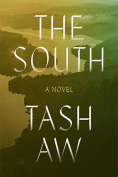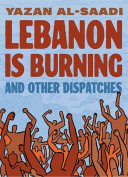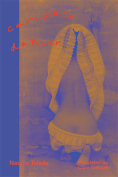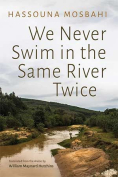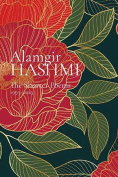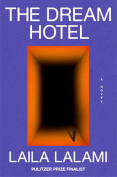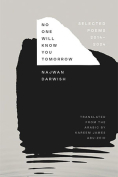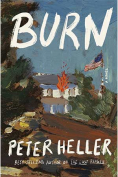We Never Swim in the Same River Twice by Hassouna Mosbahi
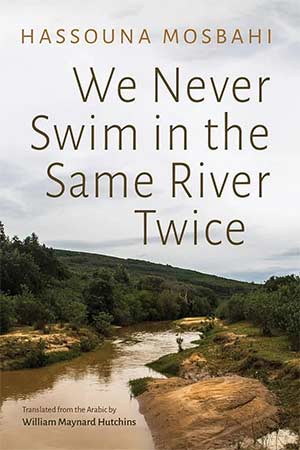
Syracuse, New York. Syracuse University Press. 2024. 222 pages.
Heraclitus spoke of a constant change in both perceived and perceiver that is morally neutral, but perhaps the first of this novel’s two epigraphs, a quotation from Joyce’s Ulysses, forewarns us better than its title of Tunisian novelist Hassouna Mosbahi’s darker vision: “Poetic idea: pink, then golden, then grey, then black. . . . Day, then the night.” The three principal characters of Mosbahi’s highly readable work not only live their lives subject to inescapable and constant change—such is the condition of living at all—but they also suffer the clear apprehension that this change may well be for the worse, that the promises of the Arab Spring, which gave not only Arabs but the wider world hope for at least the local remission, if not the universal defeat, of brutality and terror, are far from being kept. Indeed, the autocratic tyranny of Tunisia’s Zine El Abidine Ben Ali will be replaced by that of bearded Islamist warriors.
What this means in concrete terms for the three friends who meet from time to time to drink together, or who walk on the beach at Bizerte, is increasingly alarming. Saleem helplessly watches his professional and personal lives unravel as mental illness destroys his ability to distinguish between terrifying delusions and reality. But he sees clearly enough and fears those who “plunder, set fires, kill all the men and enslave and rape the women.” Aziz tries to find refuge in literature and Western films but is afraid after a public assassination that people will “wake one morning to find gallows trees erected and squares prepared for stoning.” Omran, a public intellectual, and the only character whose thoughts are given in the first person, is obliged to flee to Paris. But a subsequent trip to a newly independent Algeria makes him consider that the Islamist establishment there also now misrepresents the protracted and bloody war that has just ended as having been fought not against colonial rule but in favor of “fatwas advocating violence, [and] a culture of hatred and loathing.”
Mosbahi’s high reputation as a novelist will not be hurt by this very readable work, which gives a vivid if not especially pleasant picture of post–Arab Spring Tunisia; nor will anyone but the most intransigent of his political opponents deny his moral courage.
M. D. Allen
Menasha, Wisconsin


